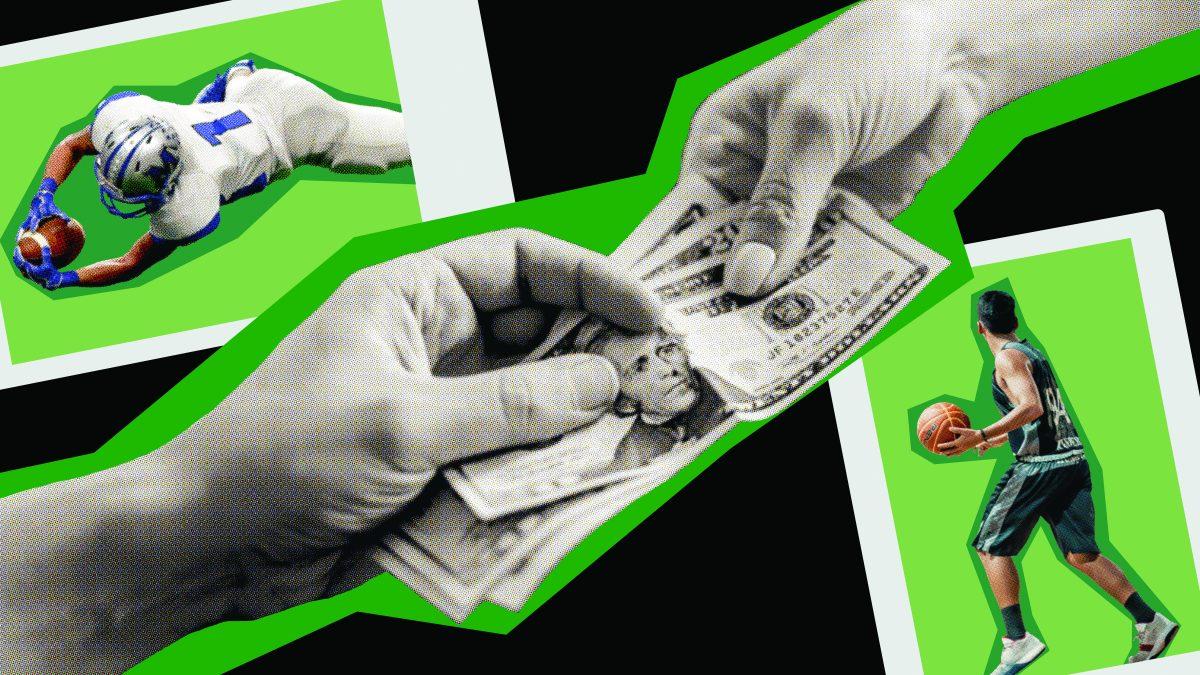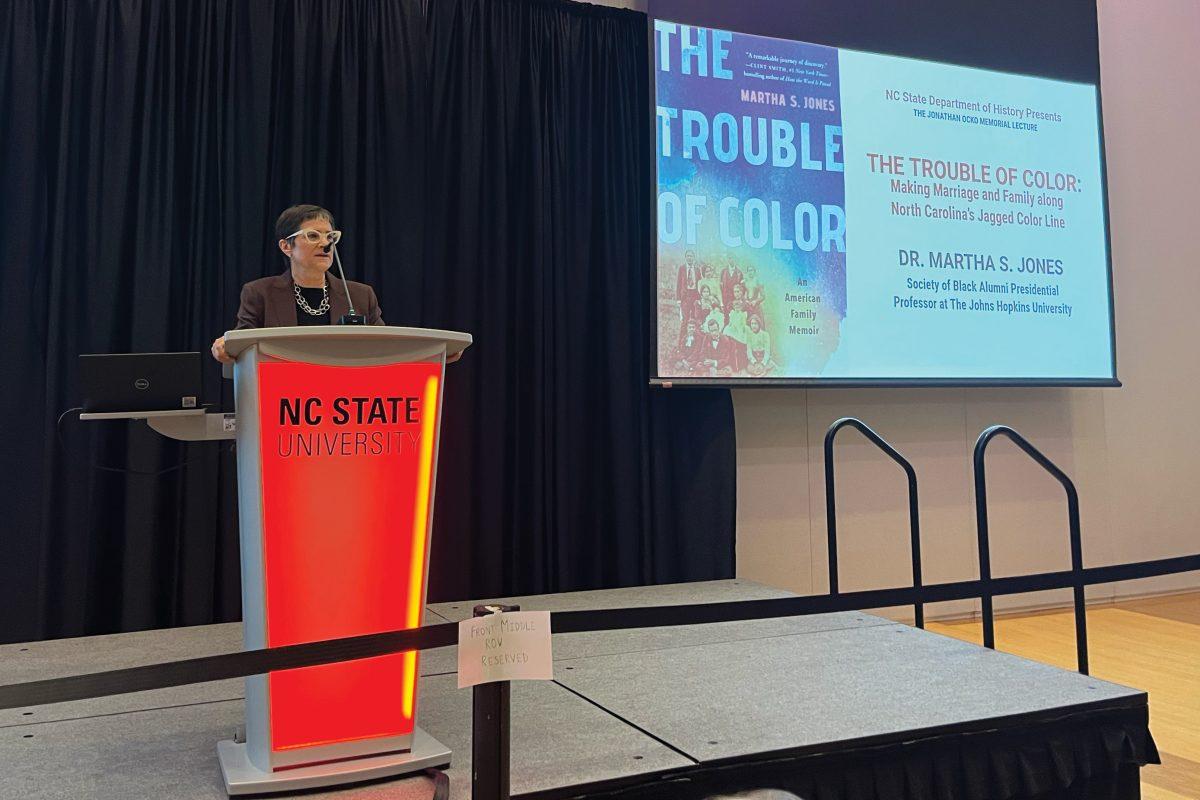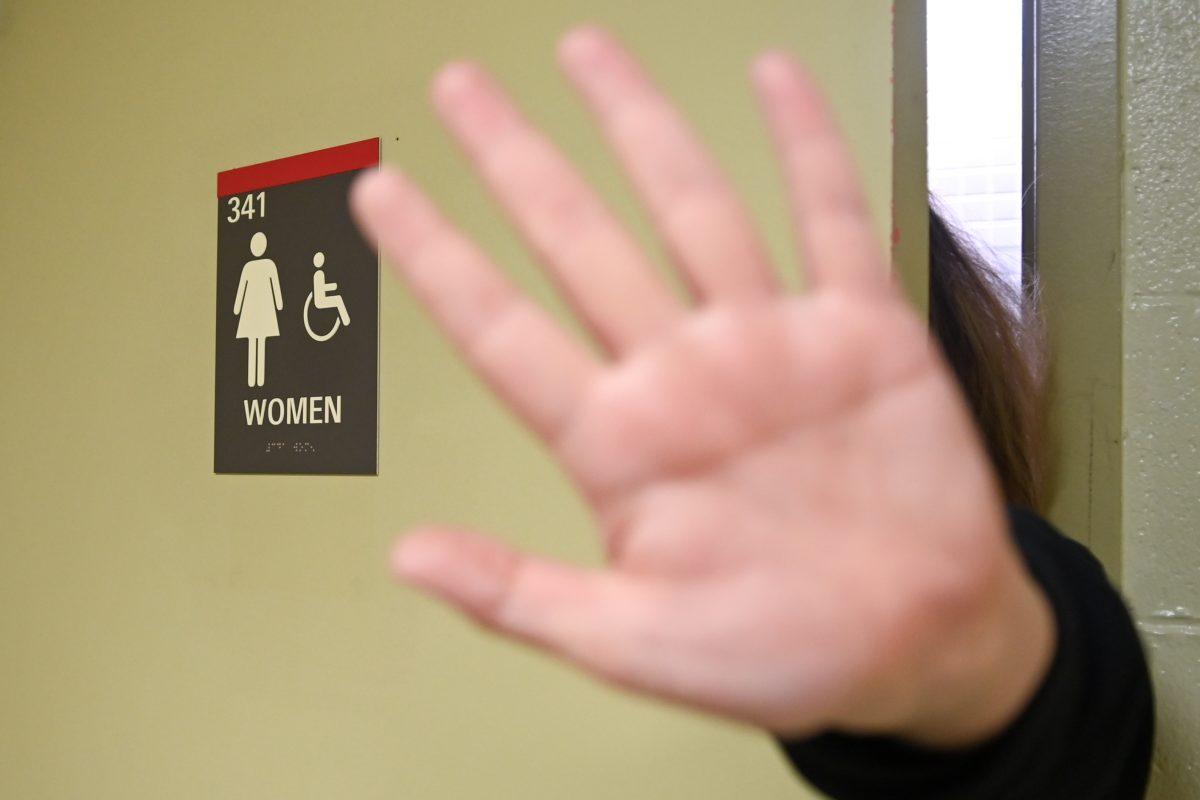The NCAA Division I Council recently passed a set of regulations to promote transparency and protect student athletes when activating their right to profit from their name, image and likeness, or NIL.
From athletes making small deals with local restaurants to inking multi-million dollar contracts with international brands like Adidas, NIL has transformed the landscape of college sports since its introduction in July 2021. However, the change from the NCAA’s previous amateurism policy has invited a new set of pitfalls for student athletes to avoid.
In an effort to protect student athletes, the NCAA will provide standardized contract recommendations, data on realistic rates for deals and a registry of credible and verified agents for student athletes as soon as August. These regulations are designed to alleviate problems such as navigating the dealmaking space, finding quality and fair NIL deals, warding off eligibility concerns and weeding out potential bad actors.
Vincent Nicolsen, attorney, sports agent and owner of Raleigh-based sports agency 919 Sports Management, explained the NCAA’s rush to fix these issues faced by student athletes across the country.
“In 2021, a lot of those things kind of just blew past everybody as the process really opened up very quickly,” Nicolsen said. “And then now, here we are three years later, and I think it’s starting to become clear that those are considerations that are important in figuring out what the landscape looks like.”
While still in the early stages of collegiate-level NIL, the NCAA is amending its original rules with updated considerations such as standardized contracts. Nicolsen compared these contracts with current scholarship contracts offered to nearly every student athlete to create a level of fairness and consistency to the process.
“I think standardizing the structure helps create a more fair playing field for every party involved,” Nicolsen said. “And I don’t even necessarily mean standardized as far as what people get paid but standardized as far as what the structure of it looks like.”
After working with local athletes as an independent NIL agent licensed through the North Carolina Secretary of State, Nicolsen said he thinks it’s important for students to have the right kind of advice in their ear. Often, navigating the legal jargon of contracts can be difficult for 18- to 23-year-olds, and Nicolsen said having the experience and knowledge of attorneys and certified public accountants can be vital for young athletes.
“You still should want a professional CPA, attorney, whoever, to read those contracts, to help you understand them so you know what your rights and obligations are for those many things that could happen between freshman year and senior year,” Nicolsen said. “There’s a lot that can change for a player, and if you’ve got a deal that says you’re supposed to do X, Y and Z and then two years later, something happens in your life or something changes from your perspective, you need to know, ‘What are your obligations?’”
Chris Vurnakes, general manager for 1PACK, NC State’s NIL collective, said the organization is already providing student athletes under its umbrella with short, standardized, once-a-month contracts in order to simplify the process.
NIL collectives such as 1PACK represent a group of student athletes at their respective universities based on the public’s demand for those athletes. Vurnakes said 1PACK is focused on protecting its student athletes while simultaneously treating them as business partners and currently supports 80 to 90 Wolfpack athletes through fan memberships, donor programs, corporate sponsorships and special fundraising events.
These collectives have recently dominated the college-level NIL space because of their wide range of resources, connections and backing from their host universities. Many other collectives, including 1PACK, around the country provide targeted NIL opportunities for their athletes, helping them avoid the trouble of navigating those dealmaking spaces themselves.
“It’s typically an invitation that we’ll put out to say, ‘Hey, we have an opportunity that we think aligns with your profile, your background, either the sport that you play, your academic interest to your background, where you’re from, et cetera,’” Vurnakes said. “And that allows us to be able to offer NIL opportunities, really in a more strategic and specific way.”
With the ever-present job of keeping your eligibility intact, some student athletes are also uneasy or unaware of their ability to seek advice from agents about potential NIL deals.
Currently, student athletes can lose eligibility by signing with an agent representing them in professional sports, but not an NIL agent. However, fear of losing eligibility still leaves some athletes without professional advice.
“So the pitfalls right now are you put a young man or woman in a position where they’re making serious decisions about considerable sums of money and may be anxious or concerned about talking to a professional and seeking professional advice because they don’t want to put themselves at jeopardy,” Nicolsen said.
Besides having to decipher contracts, navigate eligibility concerns and find quality NIL opportunities, student athletes also contend with bad actors attempting to take advantage of them — a key reason why the NCAA is implementing a registry of credible agents, Vurnakes said.
“If there’s a registry that allows student athletes to say, ‘Hey, the person that I want to work with is on this list,’ and ‘I can trust them,’” Vurnakes said. “I do think that’s important because when I hear from our student athletes, whether that’s incoming or current, trust is really important.”
These bad actors can come from other universities, tempting student athletes with false promises and supposedly better NIL deals than what they currently have.
“It’s things that are over promised and either under or not delivered,” Vurnakes said. “I’m privy to understanding that there are individuals who have reached out to our student athletes to say, ‘Hey, if you transfer to this school, I’ll guarantee you get X,’ without having any connection to that other program.”
NIL has already rapidly changed the NCAA and college sports scene in its short lifespan. In addition to these updates, more radical changes such as a division of larger schools being allowed to directly compensate their athletes have been proposed. But for now, the NCAA’s new set of regulations is set to protect players as they navigate the increasingly complicated world of NIL.












